The timing couldn’t be better. Just as the gates clang shut on another national lockdown, trapping us all indefinitely with our nearest and dearest, the London Symphony Orchestra serves up an opera that’s pure domestic horror — a story about what happens when we lock all the doors, close the curtains tightly, and turn and look our beloved square in the eye.
Bluebeard’s Castle, Bartok’s only opera, is a single-breath sort of piece. Barely an hour long, just two singers on stage throughout, it’s a conversation that starts with love and ends with — well, it’s not quite clear. Torture? Murder? Imprisonment? Bigamy? Truth, certainly. Most of us don’t have our ex-wives stashed secretly in the basement, but who doesn’t have a door they’d rather not open, a secret we’d rather not share?
The LSO’s second home, St Luke’s, Old Street — a Hawksmoor Church by way of Jack Bauer’s CTU, all metal gantries, spiral staircases and 18th-century brickwork — gives good Gothic. It’s a sleek frame for Gerald Finley’s sharp-suited, smooth-singing Bluebeard, a 21st-century psychopath whose plausibility is his real weapon.
This is an opera that plays games with theatre, as the knowing Prologue warns us. Simon Rattle and his musicians join in with a filmed account that blurs concert performance and staging. A projection screen looms ominously into view, but thankfully technological interventions are kept to a minimum: the occasional photo of a doorway; wan blue lighting warming to hell-red for the bloody reveal. No director is credited, or needed.
Music does everything here — from the xylophone that supplies the rattling bones of the torture chamber to the sickly, radioactive glow that hangs over the castle jewels in harp and flutes, and the wheedling oboe that coaxes and teases each set of keys from Bluebeard. Rattle makes it tell. The castle walls weep blood that’s clotted and sticky in low strings and woodwind, little shudders quiver bodily through the orchestra as the blow of each new revelation lands.
Finley’s inscrutable, hypnotic Bluebeard may be the still centre point here, but it’s mezzo Karen Cargill as his new bride Judith whose momentum keeps us pinned in place. What seems at first like naivety, the unshakeable faith that a little elbow grease and a browse through the Ikea catalogue can have her husband’s bachelor pad all spruced up, is carefully revealed as blind, obsessive love. The complicity between husband and wife is horrible, and far more insidious than abuse.
It’s a beast of a sing, and Cargill’s voice, which rings out trumpet-clear in the blinding top C that opens the fifth door, just occasionally shows the cobwebs of six months of silence. But memories of isolation play neatly into a tale that’s all unspokens, while social distancing (a whole orchestra fills the necessary gap between Finley and Cargill) makes new sense of the musical separation between two voices that barely touch.
Unobtrusively filmed and powerfully performed (though strangely lacking in subtitles — if your lockdown plan to learn Hungarian hasn’t made it off the ground, take note), this is about as good as digital opera gets. But it’s still unsatisfying. Bluebeard is a piece you need to feel, not just see, a work that breathes and vibrates with in-the-room energy. Maybe the next month will give us some new solutions, because no one has got it right yet. Certainly not the Barbican, whose Sunday night series seems determined to smother its starry performers with chummy, Strictly-style on-stage interviews and vapid introductions.
After a soft start to the season with Bryn crooning Welsh classics and family entertainment from the Kanneh-Masons, things finally got serious this week. Singers Sarah Connolly and Ian Bostridge joined pianist Julius Drake and the Carducci Quartet for French and English chamber music — a grown-up sort of programme that didn’t need Katie Derham as an effusive onstage intermediary, interrogating artists visibly eager to stop talking and start playing.
Bostridge never quite recovered, and Vaughan Williams’s cycle of Housman settings ‘On Wenlock Edge’ felt tense and unhappy, a trudge through ‘Winterreise’s blasted landscape rather than rolling Shropshire hills. Thank goodness for the lush Gallic fantasy and sensuality of Ernest Chausson’s ‘Poème de l’amour et de la mer’.
The purple promise of the cycle’s title (whose frankly terrible poetry about lilacs and roses and longing was written by the composer’s friend Maurice Bouchor) is more than fulfilled in the Wagnerian churn and throb of settings originally scored for full orchestra. Here Connolly was backed with just a piano quintet. Franck Villard’s deft arrangement casts the cello as the poem’s silent lover, wordless song answering the mezzo’s impassioned questions and reproaches. Heady stuff, deliciously pitched between swoon and salon by an ardent Connolly — a Halloween treat after Bluebeard’s unsettling trick.
Got something to add? Join the discussion and comment below.
Get 10 issues for just $10
Subscribe to The Spectator Australia today for the next 10 magazine issues, plus full online access, for just $10.
You might disagree with half of it, but you’ll enjoy reading all of it. Try your first month for free, then just $2 a week for the remainder of your first year.

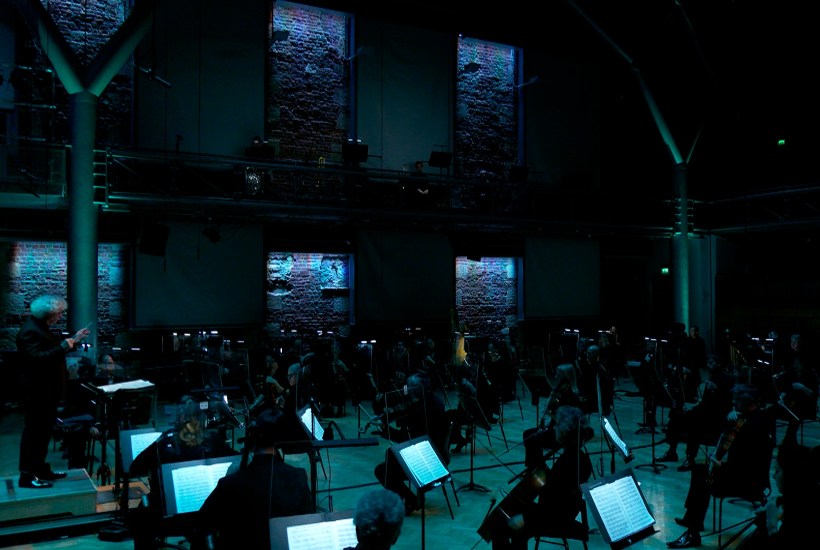
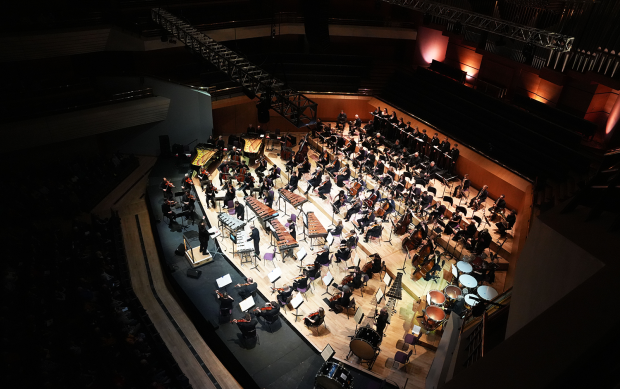
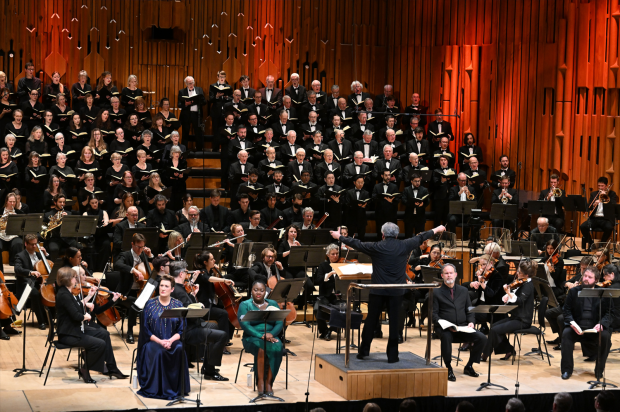
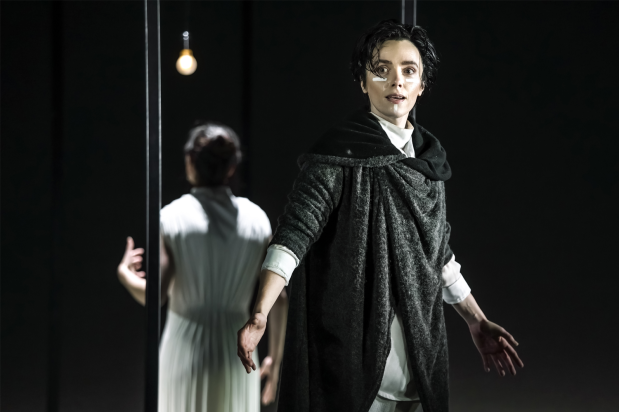
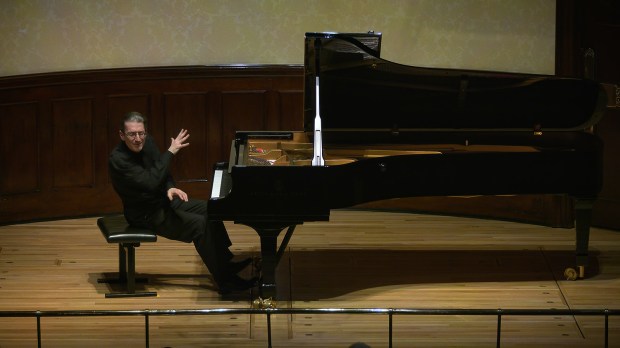
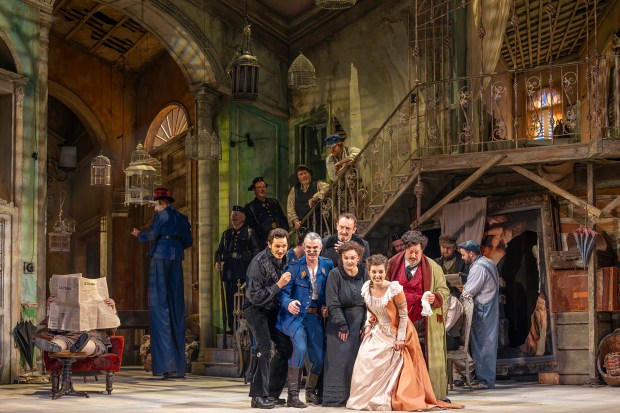
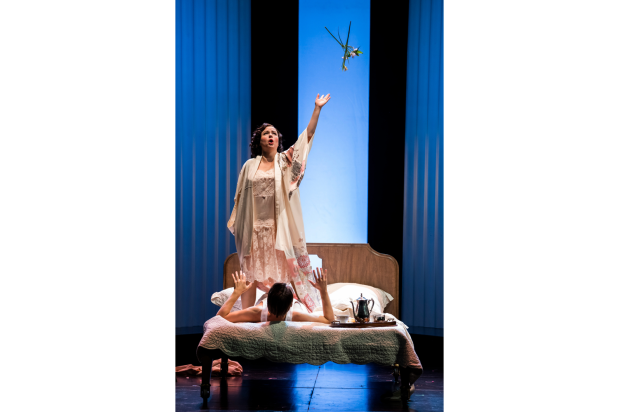






Comments
Don't miss out
Join the conversation with other Spectator Australia readers. Subscribe to leave a comment.
SUBSCRIBEAlready a subscriber? Log in